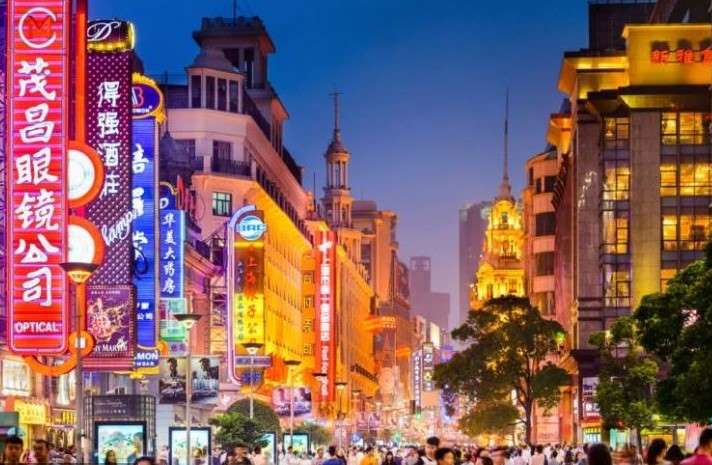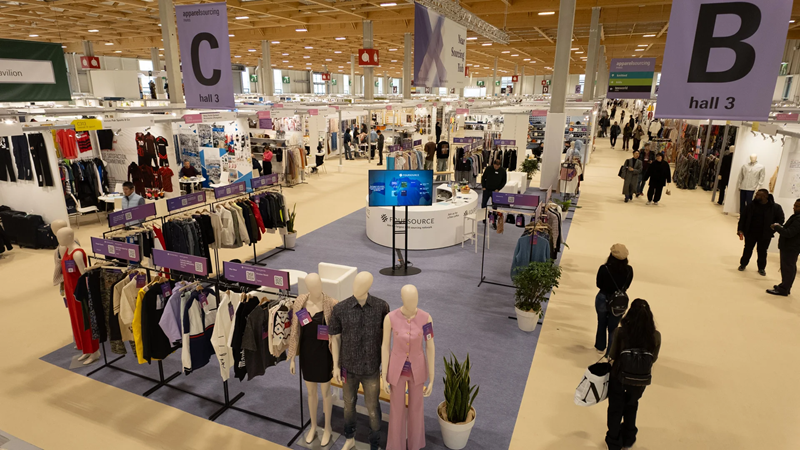The US, the UK and the EU are continuing with their rhetoric about decreasing dependency on China but the ground reality is on the contrary as the Chinese footprint is spread far, wide and deep – from basic items to high-level industrial equipment. The three huge consumer markets may speak from the moral high ground of Western democracies but insiders know well that developing other supply sources that are as resourceful as China is going to be a long-haul, hoping that India, Mexico, Brazil and South Africa could be brought forward as the diverse basket of options the US, the UK and the EU need.
In a series titled ‘Worlds Apart: Risks and opportunities as deglobalization looms’, RBC Wealth Management has paid particular attention to this situation as it explores the trend away from globalization and its ramifications for investors, economies, and financial markets.
China’s sophisticated production makes it aleader
For a start, there are quite a few points which make China’s case as the global king of production irrefutable. More often than not and much to the displeasure of the US, China has proven its ability to overcome the impact of technological restrictions in the past and its massive manufacturing scale and well-established supply chains are laying the foundation for future technological innovation. It is already a well-known fact that China is shifting away from low-end, labour-intensive component manufacturing to higher-tech, full-spectrum product manufacturing.
According to the report, the high complexity of global supply chains, combined with the extensive scale of China’s industrial sector and manufacturing competencies, makes it undesirable and unrealistic for many multinational companies to make a complete break with China anytime soon. Additionally, this break-up could lead to multinational brands finding themselves in a precarious position as the country’s domestic consumer population is just too large to ignore. China has migrated from low-cost manufacturing to one that increasingly focuses on innovation and complex manufacturing techniques. China will maintain its manufacturing dominance while at the same time make inroads into emerging and strategic fields such as electric vehicles, telecommunications, bioengineering, artificial intelligence, and other areas.
In recent years, the West has started implementing restrictions on China’s access to critical technologies, such as AI, quantum computing, and advanced semiconductors, raising concerns about the country’s ability to move further up the supply chain and achieve its stated “technological self-reliance” goals. However, the resourcefulness of the Chinese has not prevented their progress in these areas at all.
Western on-shoring and friend-shoring isn’t ready to deliver
The Chinese approach to the pandemic was indeed a stringent one and hurt supply chains like never before, leading to many importers seeking to not only diversify their points of sourcing but also set up manufacturing in locations closer home and in regions that are on friendly terms with importing countries. For the US, the opportunity lay in cost-efficient Mexico and the cluster of Central American countries – however, whilst Mexico being a North American country has the basic infrastructure and cheap talent pool in place, it cannot deal with even 15 per cent of the Chinese capacity and that too with huge production line investments.
The Central American countries are a no-go as they are in continuous socio-political conflicts, have huge illegal and criminal bases that can jeopardize operations and supplies and most importantly have no skilled labour or infrastructure worthy of complimenting Mexico’s production capabilities. In The EU, Turkey has always been a viable option and now that the nation is undergoing economic downturns regularly, it does not guarantee a stable environment for a steady supply and the East European countries that don’t fall within the EU are not ideal places to develop as friend-shoring hubs.
As things are, trade relations with China will continue and a slowdown will take decades to achieve.













